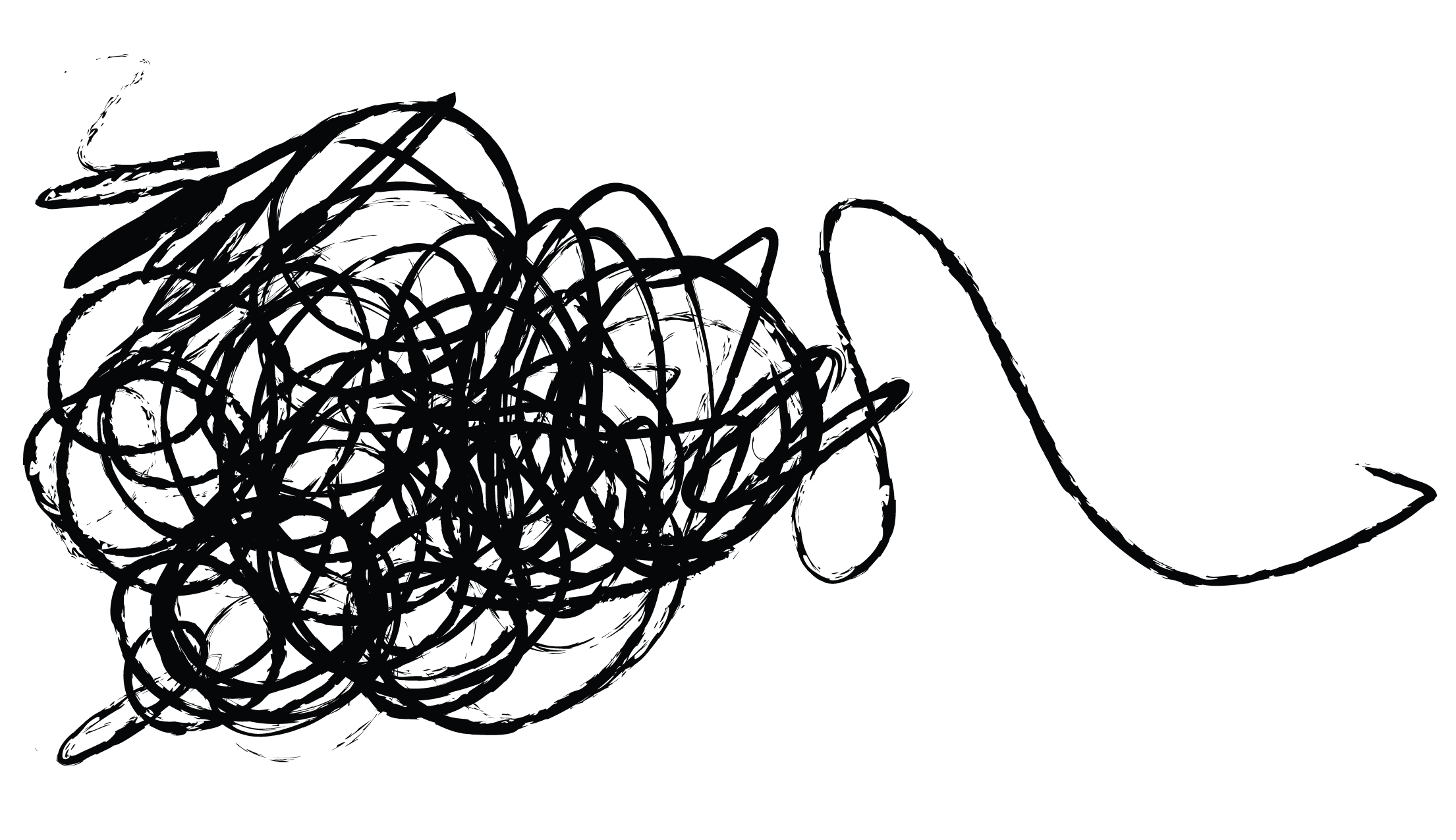
Donald J. Trump has taken it upon himself to call out anything and anyone who stands in his way to a complete plutocracy. It seems like the white conservative men in Congress are on something, an especially strong batch of their own Kool-Aid, perhaps. Right-leaning and conservative men have ushered in a pandemic of skewed thought in each branch of government.
The public should be able to look to the White House to issue thoughtful, informative, and “woke” press-releases. Instead, most news and media platforms have become a cesspool of information riddled with non sequiturs, nonsense, and tweets from Trump’s personal account about witch hunts.
Republicans have subverted the traditional usage of the term “witch hunt.” The primary U.S.-based referent is the Salem Witch Trials (June 1692–May 1693), in which 19 women were condemned to death by various medieval means. Over time, the Salem Witch Trials have come to be viewed as the result of family feuds, juvenile delinquency, and the ruling class’ ignorance and fear toward lower classes — not so unlike today. To mix metaphors, the difference is that our present moment sees the powerful crying “wolf” about being hunted like witches.
Rather than the term “witch hunt” being deployed by persecutors against victims, it’s being used as a tool of self-victimization by the guilt-ridden powerful. With one term, the Grand Old Party can pull the rug out from under any opponent, rebranding any feasible argument against them as the stuff of smoke, mirrors, and witchcraft. This ability to deem any criticism baseless wields dangerous social power.
Donald Trump wantonly employed the term “witch hunt” to deny collusion with Russia during the 2016 presidential election. This, despite Robert Mueller’s investigation uncovering over 191 criminal charges, 32 individuals, and 3 companies. In a press conference earlier this year, standing next to the British Prime Minister Theresa May, Trump said:
“I think I have a very good relationship with President Putin, I think that if we may spend time together, I may be wrong, people have said that. But um, I’m different from other people. I think we’re being hurt very badly by, I could call it, the witch hunt. I would call it a rigged witch hunt, by watching some of the little clips I didn’t get to watch too much, cuz I’m here it’s a different time zone — to put it mildly. After watching the people, the man that was testifying yesterday, I call it the rigged witch hunt. I think it really hurts our country and it really hurts our relationship with Russia.”
This specious line of reasoning has also seeped into the #MeToo movement. Interviewed on Ireland’s “The Late Late Show,” actor Liam Neeson said, “Yes, there is a bit of a witch hunt happening,” where famous people are being “suddenly accused of touching some girl’s knee or something, and suddenly they’re being dropped from their program.” Utterly misapprehending the realities of rape culture and women’s rights, a surprising number of people believe we have ushered in a senseless war on men. The progressive left actually means to serve justice and achieve equity by dismantling traditional power structures, and holding individuals accountable for their actions. There’s a difference between holding their feet to the fire and burning them at the stake.
So why does half the nation believe that the left is attempting to run down all men for fraudulent accusations? In a piece for The Atlantic, Keith Payne, Psychology and Neuroscience Professor at the University of North Carolina at Chapel Hill, speaks about a concept called “illusory truth.” Essentially, studies have shown that when something is repeated often enough, people begin to think it’s true. “When a statement is repeated, it starts to feel more familiar,” said Payne. “That feeling of familiarity is easily interpreted as the feeling of truth.”
So as the term “witch hunt” rises to colloquial prominence, its repetition compels the public to subconsciously believe it’s plausible, particularly when the claim is substantiated by pro-Trump media outlets. For more conservative types, it’s easy to incorporate this information into their previously-held beliefs. Tradition and familiarity defeat truth.
The solution isn’t to dispute the veracity of the “witch hunt” claim. That dignifies the argument. There needs to be a complete reframing and reappropriation of the term. With the rise of witch and goth aesthetic in popular culture, perhaps a reclamation of predominately female-driven faiths and practices could help reinstate the true meaning of the phrase. Criminal are not victims. Being subjected to a fair and legitimate trial in order to determine fault should not threaten the innocent. Simply put, we need to believe women — and keep “witches” out of it.








The term also has an important history in the McCarthy era.
https://www.vox.com/mischiefs-of-faction/2018/10/31/18047208/trump-witch-hunt